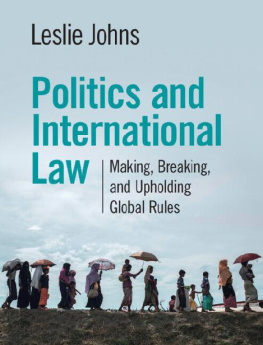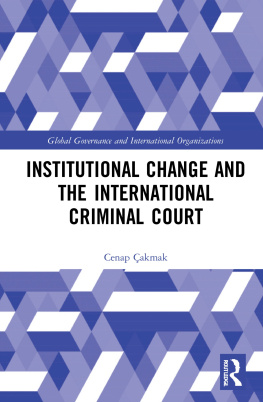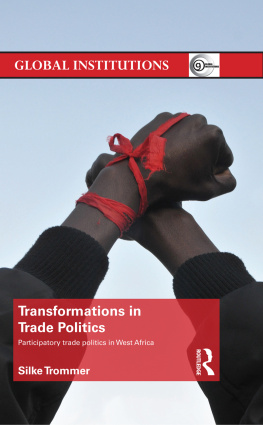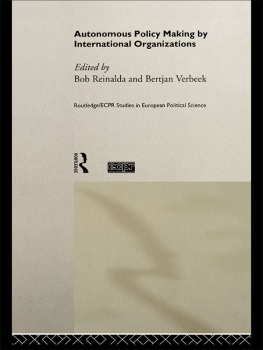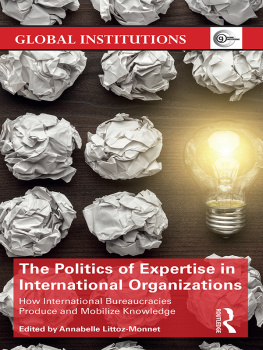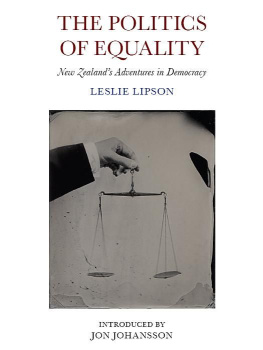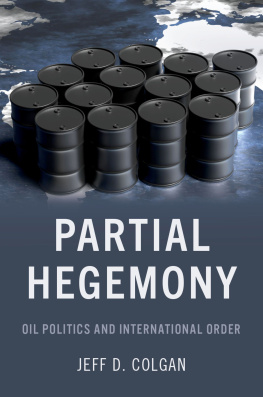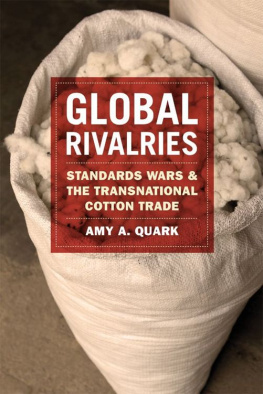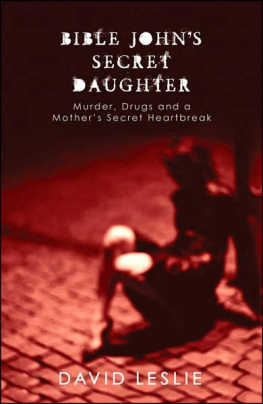Politics and International Law
Making, Breaking, and Upholding Global Rules
International law shapes nearly every aspect of our lives. It affects the food we eat, the products we buy, the rights we hold, and the wars we fight. Yet international law is often believed to be the exclusive domain of well-heeled professionals with years of legal training. This text uses clear, accessible writing and contemporary political examples to explain where international law comes from, how actors decide whether to follow international law, and how international law is upheld using legal and political tools. Suitable for undergraduate and graduate students, this book is accessible to a wide audience and is written for anyone who wants to understand how global rules shape and transform international politics.
Each chapter is framed by a case study that examines a current political issue, such as the bombing of Yemen or the use of chemical weapons in Syria, encouraging students to draw connections between theoretical concepts and real-world situations. The chapters are modular and self-contained, and each is paired with multiple Supplemental Cases: edited and annotated judicial opinions. They are accompanied by ready-to-use PowerPoint slides and a testbank for instructors.
Leslie Johns is Professor of Political Science and Law at UCLA. She has published numerous scholarly articles in top peer-reviewed journals, including the American Political Science Review, International Organization , and The Journal of Politics . This book is based on over a decade of teaching undergraduate and graduate political science students at UCLA.
Politics and International Law
Making, Breaking, and Upholding Global Rules
Leslie Johns
University of California, Los Angeles
University Printing House, Cambridge CB2 8BS, United Kingdom
One Liberty Plaza, 20th Floor, New York, NY 10006, USA
477 Williamstown Road, Port Melbourne, VIC 3207, Australia
314321, 3rd Floor, Plot 3, Splendor Forum, Jasola District Centre, New Delhi 110025, India
103 Penang Road, #0506/07, Visioncrest Commercial, Singapore 238467
Cambridge University Press is part of the University of Cambridge.
It furthers the Universitys mission by disseminating knowledge in the pursuit of education, learning, and research at the highest international levels of excellence.
www.cambridge.org
Information on this title: www.cambridge.org/highereducation/isbn/9781108833707
DOI: 10.1017/9781108981149
Leslie Johns 2022
This publication is in copyright. Subject to statutory exception and to the provisions of relevant collective licensing agreements, no reproduction of any part may take place without the written permission of Cambridge University Press.
First published 2022
Printed in the United Kingdom by TJ Books Limited, Padstow Cornwall A catalogue record for this publication is available from the British Library.
Library of Congress Cataloging-in-Publication Data
Names: Johns, Leslie Nicole, 1979- author.
Title: Politics and international law / Leslie Johns, University of California, Los Angeles
Description: Cambridge, United Kingdom ; New York, NY : Cambridge University Press, 2022. | Includes index.
Identifiers: LCCN 2021053662 (print) | LCCN 2021053663 (ebook) | ISBN 9781108833707 (hardback) | ISBN 9781108986656 (paperback) | ISBN 9781108981149 (ebook)
Subjects: LCSH: International lawPolitical aspects.
Classification: LCC KZ1250 .J64 2022 (print) | LCC KZ1250 (ebook) | DDC 341dc23/eng/20211109
LC record available at https://lccn.loc.gov/2021053662
LC ebook record available at https://lccn.loc.gov/2021053663
ISBN 978-1-108-83370-7 Hardback
ISBN 978-1-108-98665-6 Paperback
Additional resources for this publication at www.cambridge.org/johns
Cambridge University Press has no responsibility for the persistence or accuracy of URLs for external or third-party internet websites referred to in this publication and does not guarantee that any content on such websites is, or will remain, accurate or appropriate.
Contents
Detailed Contents
Figures
Tables
Preface
We live in and by the law. It makes us what we are. We are subjects of law s empire, liegemen to its methods and ideals, bound in spirit while we debate what we must therefore do.
Ronald Dworkin, 1986, Law s Empire , Harvard University Press, p. vii
International law shapes nearly every aspect of our lives.
It affects the food we eat, the products we buy, the rights we hold, and the wars we fight. Turn on the television news, browse an Internet news site, listen to talk radioyou cannot escape international law. The British Parliament votes (yet again) on how to exit the European Union. US politicians debate the rights of migrants at the USMexico border, and whether they should get asylum from violence in Central America. The US president orders a military strike against Iran after the downing of a US drone, then cancels it because he believes it is not a proportionate response. A heat wave in Europe prompts debates about global warming. A German company is publicly chastised for delivering chemicals to Syria that can be used to make nerve gas. Governments worldwide restrict civil rights to protect public health during a global pandemic. On any given day, the list goes on and on
This wasnt always so. Throughout history, political leaders crafted rules to manage their relationships. These rules appeared in both formal written agreements and informal norms about state behavior. They created order and meaning within international communities. Since rules were generally made and upheld by the most powerful states, observers often concluded that powerful states do what they please, while weak states suffer what they must. Yet in the modern eraparticularly after World War IIthe international community became truly global, and international law began to touch the everyday lives of average individuals. Today, we are all part of international laws empire, whether we want to be or not. To paraphrase philosopher Ronald Dworkin, we are bound by international laws spirit, even when we are unsure what we must do.
The broad scope and power of international law often escapes the notice of even the most educated and well-informed observer of international politics because international law is different from domestic law. It is made using different processes than domestic law, it is broken for different reasons, and it is upheld using different tools. Yet these differences between international and domestic law do not render international law meaningless. Rather, these differences require us to develop a nuanced understanding of how states and other actors make, break, and uphold international law.
This book seeks to explain and understand the ways in which international law affects our daily lives. It provides a comprehensive framework for understanding where international law comes from, how actors decide whether to follow international law, and how international law is upheld using various legal and political tools. It then introduces eight major subject areas of international law, balancing legal explanations of how law works against political understandings of why it is used. The text is supplemented throughout by real-world cases and disputes that show international law in practice.



